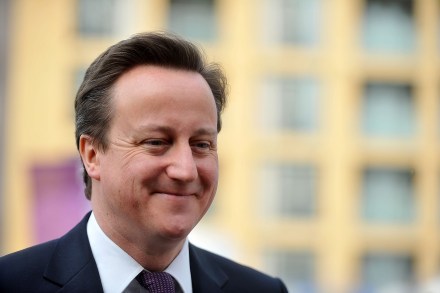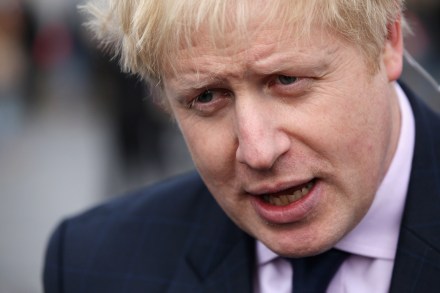Ken’s identity crisis
Jonathan Freedland’s column in The Guardian today, explaining why he can’t vote for Ken Livingstone, is a remarkably direct piece of journalism. Freedland states that he ‘can no longer do what I and others did in 2008, putting to one side the statements, insults and gestures that had offended me, my fellow Jews and — one hopes — every Londoner who abhors prejudice’. Now, as Paul Goodman argues, we shouldn’t overstate the importance of a traditionally Labour supporting Guardian columnist coming out against Ken Livingstone. But Freedland’s reasons for doing so are ones that, I suspect, will resonate with a significant section of opinion. The issue with Livingstone is that
















